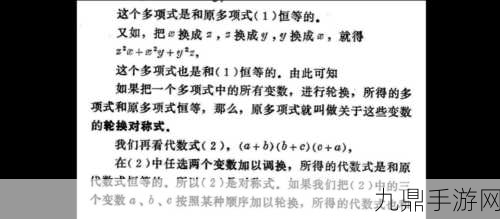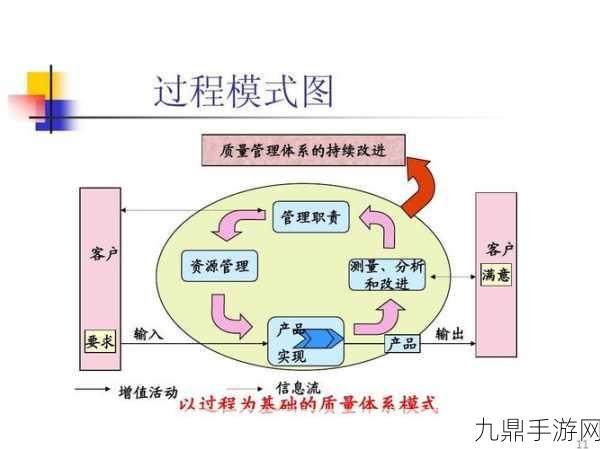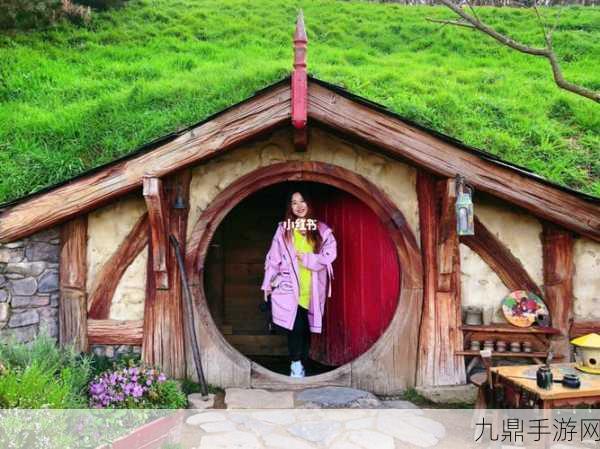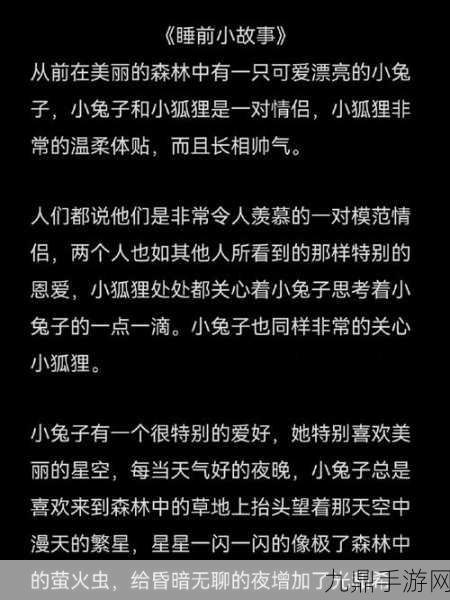家族轮换的概念及其重要性
家族轮换是指在一个家庭中,不同代际成员之间权力和责任的交替。随着时间推移,父母、子女乃至祖辈之间关系的变化,使得这一现象日益受到关注。这种模式不仅影响了家庭内部结构,也对每个成员的发展产生深远影响。
情感支持与角色转变
在传统观念中,长辈往往承担着指导和教育年轻一代的责任。然而,在现代社会,这一角色并非静止不变。随着家族轮换逐渐明显,年轻人开始主动参与到决策过程中,同时也为长辈提供新的视角和思维方式。这种双向互动使得家庭中的情感纽带更加紧密,每个人都能够从彼此身上汲取力量与智慧。

经济压力与资源分配
多个世代共处于同一家庭中,其财务管理显得尤为复杂。在许多情况下,共享住房或共同投资成为缓解经济压力的一种策略。然而,这样做可能导致资源分配的不均衡,引发争端。因此,有效沟通显得格外重要,通过明确各自的期望值,可以减少潜在冲突,实现更合理的财富管理。
文化传承的重要性
家族轮换还涉及文化身份和价值观念的传递。当新一代接手旧有价值观时,他们会结合自己的生活经验进行改造,从而形成独特的新文化。在这个过程中,各类节庆习俗、美食、语言等元素都有机会被重新定义并继续流传下去。而这种持续性的文化交流,则增强了家庭内外部认同感,让不同年龄层次的人们找到归属感。

教育理念及育儿方式演变
不同年代下成长起来的人,对于教育理念常抱持着截然不同态度。例如,老一辈大多强调纪律和遵循规则,而年轻父母则倾向于引导孩子自主探索、自我表达。这样的差异让整个育儿过程充满挑战,但同时也促进了创新思维培养。一旦两者能有效融合,将极大丰富儿童对于世界认识的方法,提高他们应对未来各种状况能力。
Mental Health and Family Dynamics
The complexities of family dynamics, especially in a rotational context, directly influence the mental health of each member. With different generations living under one roof or being actively involved in decision-making processes, feelings such as stress, anxiety, or even resentment can arise. Open discussions about mental well-being become essential to ensure that everyone feels heard and valued within the family unit.
Psycho-Social Development Across Generations
The interaction among various age groups fosters not only emotional support but also personal growth opportunities. For instance, younger members often gain wisdom from their elders’ experiences while older adults may find purpose through engagement with youthful energy and new perspectives on life. This reciprocation promotes resilience across all ages within familial relationships.
Coping Mechanisms for Conflict Resolution
A household featuring multiple generations will inevitably encounter conflicts arising from differing opinions and values. Effective conflict resolution strategies are crucial; these might include setting aside time for regular family meetings where grievances can be aired constructively rather than allowing tensions to simmer unnoticed over time.
#跨世代沟通技巧 #亲子关系改善 #养老问题探讨






